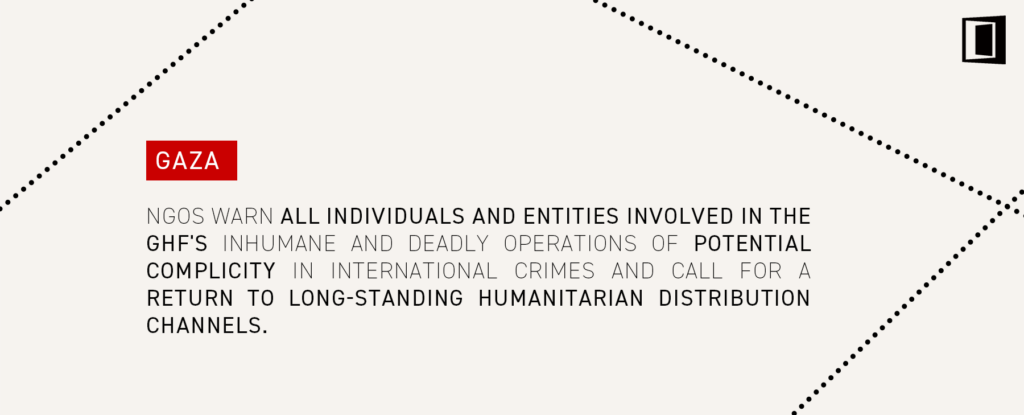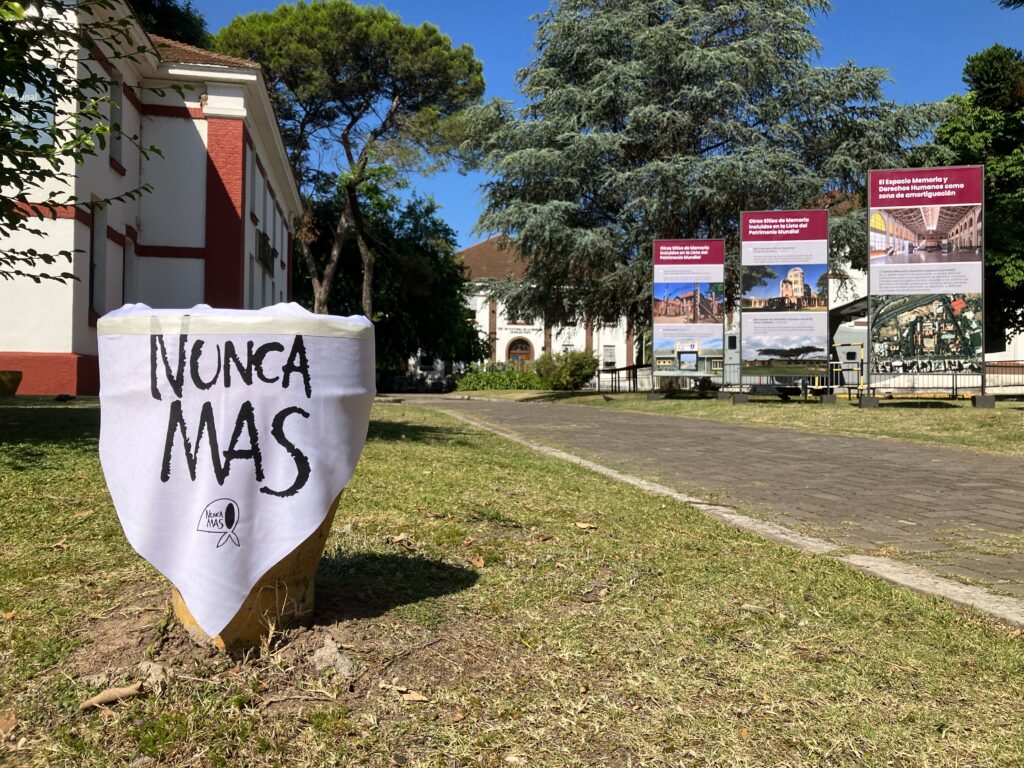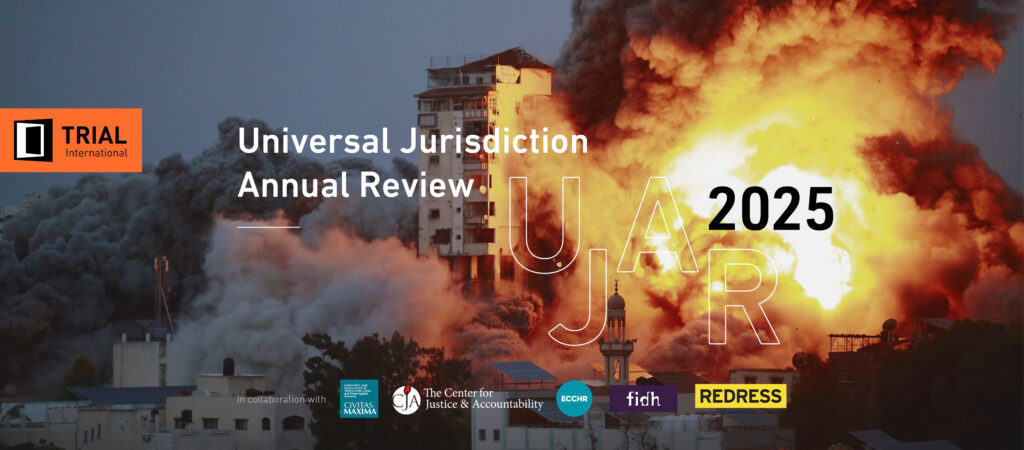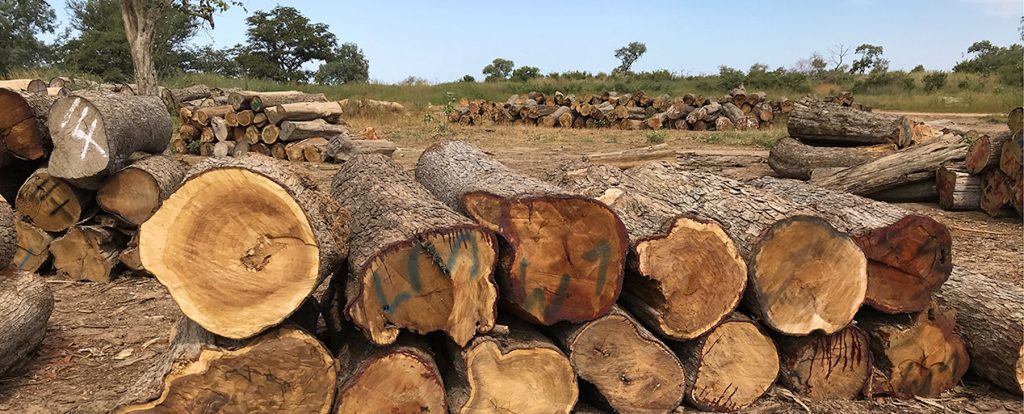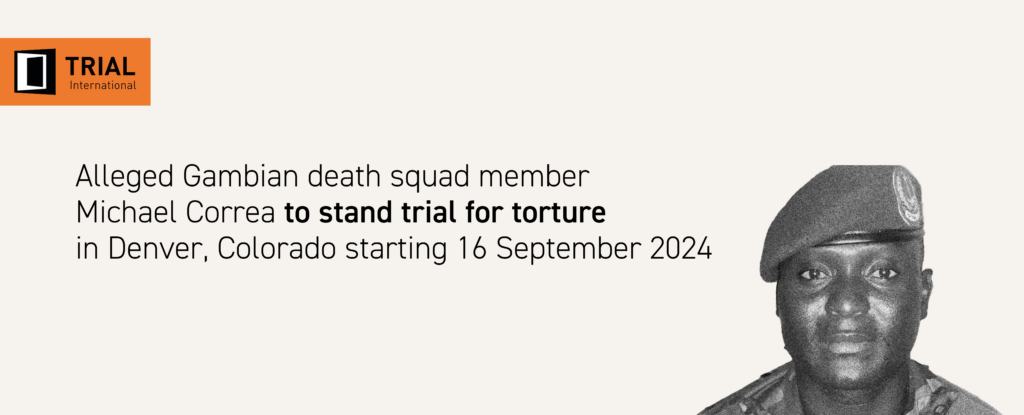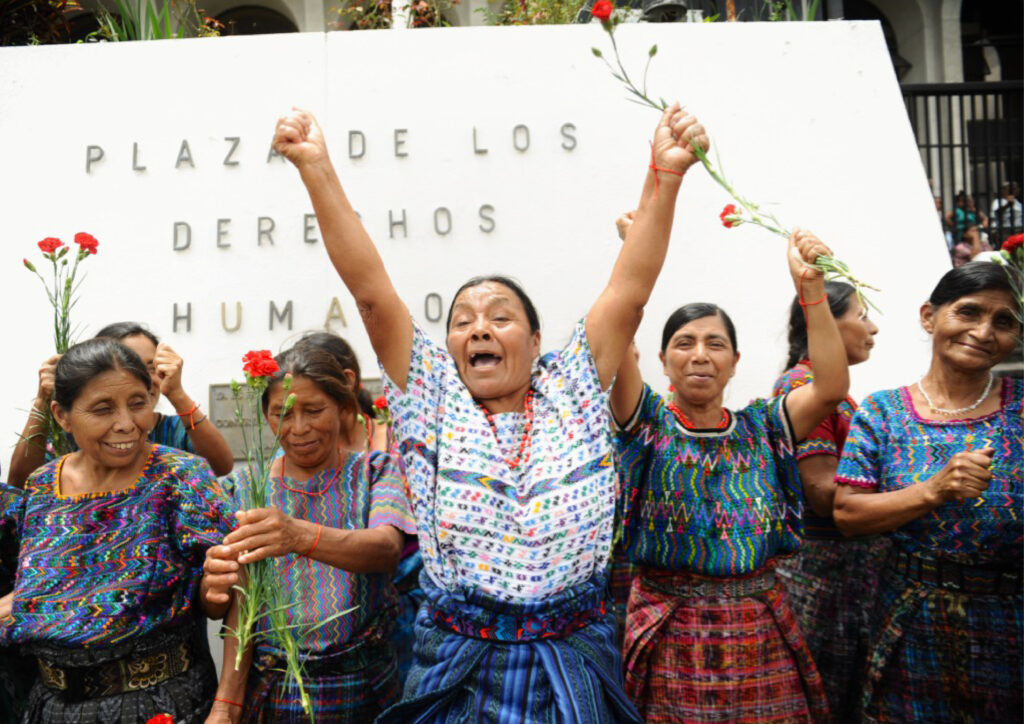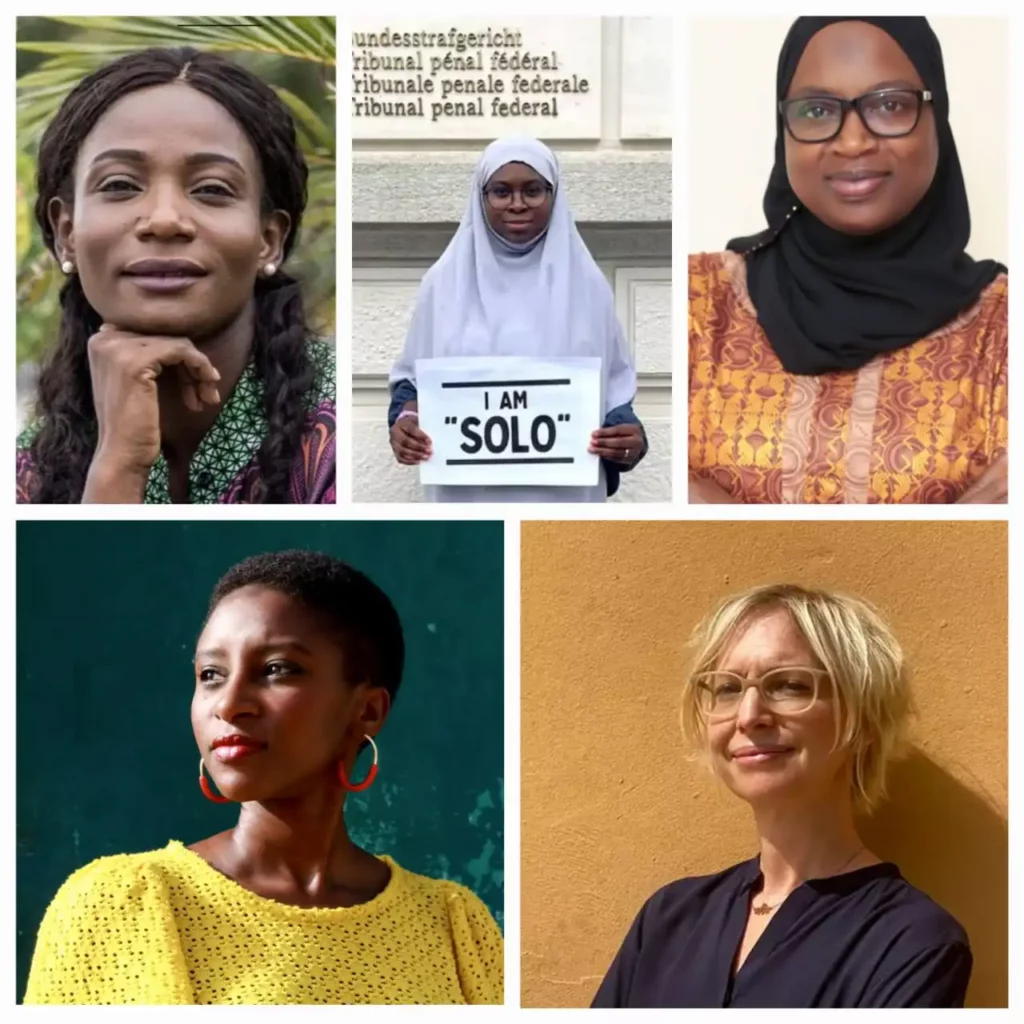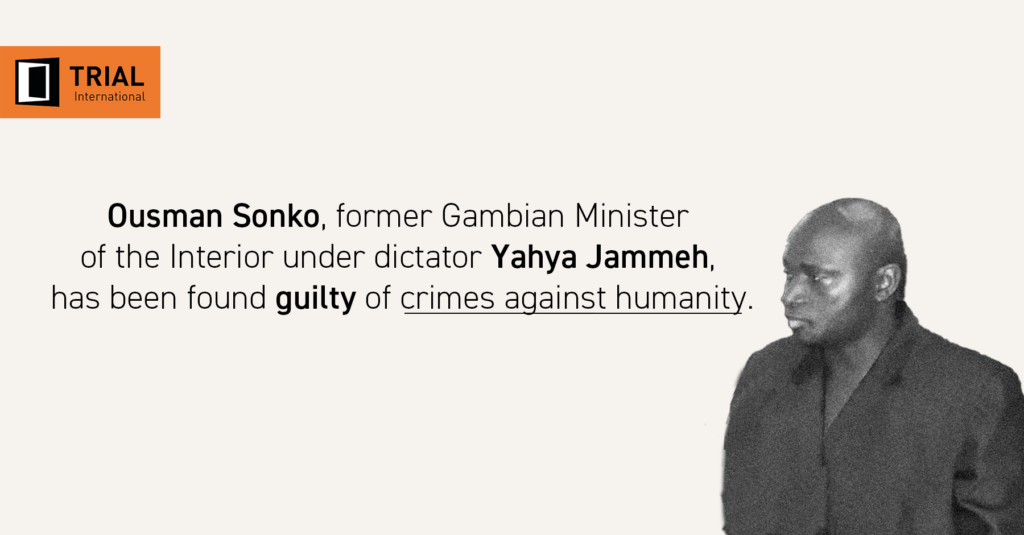ICC and universal jurisdiction: two ways, one fight
An op-ed by Valérie Paulet
For the last 6 years, the international community has failed to end the massacre of civilian in Syria. Effective prosecution has been repeatedly impeded at the international level. Will these crimes therefore stay unpunished? Not necessarily, as some States are tackling impunity at national level through universal jurisdiction.
Some crimes, such as bombing civilians, using chemical weapons or inflicting torture, are too heinous to be left unpunished. They shock the conscience and threaten the international peace and security. The perpetrators must be brought to justice.
Yet the ICC has a specific mandate, focused on the prosecution of those bearing the greatest responsibility in States that have ratified, or accepted, the Rome Statute.
Within that group, the ICC only has jurisdiction if States are unwilling or unable to prosecute alleged perpetrators. The level of “unwillingness” is difficult to assess: In Colombia for instance, the ICC has never asserted its jurisdiction arguing that some culprits – low-rank FARC and paramilitaries – had been judged before national courts.
These restrictions leave thousands of victims outside of the ICC’s scope – including Syrian victims, for instance, since the country has not ratified the Rome Statute. But restrictions also leave an avenue for States to step in.
Universal jurisdiction in action
Thanks to the principle of universal jurisdiction, States can prosecute criminals who are on their territory, regardless of where the crimes may have been committed or of the nationality of the perpetrators and the victims. The crimes covered by universal jurisdiction include genocide, crimes against humanity, war crimes, torture and enforced disappearances. The interest of such procedures for lawless regions, such as Syria, is obvious.
In March 2017, TRIAL International published its third annual report on universal jurisdiction, Make Way For Justice #3. Reviewing 47 cases in 13 different countries, the reports reflects the realization of a promise made by several States: these international crimes cannot remain unpunished.
Prominent examples in the report – such as Chadian ex-dictator Hissène Habré – show that universal jurisdiction leads to concrete results. In 2016, 11 Syrian war crime suspects were arrested, and four of them were convicted. Between Finland, Germany and Sweden, 3 Iraqi nationals were convicted for war crimes and 4 others are currently on trial.
Without universal jurisdiction, these perpetrators would never have faced justice. From low-rank criminals to non-ICC State members, universal jurisdiction is acting as a tool for victims, a new avenue for justice.
ICC and Universal Jurisdiction: two ways for one fight
Because the ICC can only deal with a limited number of cases, the Office of the Prosecutor of the ICC (OTP) should place the cooperation with prosecuting States at the center of its strategy. Their goal is the same: reducing safe havens for international criminals.
A number of States have established war crimes units, with specialized police, prosecutions and immigration units dedicated to investigating international crimes.
But these units are facing extraordinary challenges, and their resources fall well short of covering the exceptional complexity of their investigations: gathering evidence in war zone, contacting victims and witnesses of crimes committed abroad years ago, difficulties in international cooperation, translation, etc.
War crimes units would no doubt benefit from an enhanced cooperation with the OTP’s specialized investigators expertise and resources. This is particularly true where national authorities carry out investigations in the same conflict zone than the ICC.
The newly created mechanism on crimes committed in Syria will provide great opportunities for States to assert their jurisdiction. It is time for all prosecuting actors to walk the talk when it comes to fighting impunity, and allocate sufficient means to that cause.
Valérie Paulet, TRIAL Watch coordinator
Article originally published on the Coalition for the International Criminal Court website

